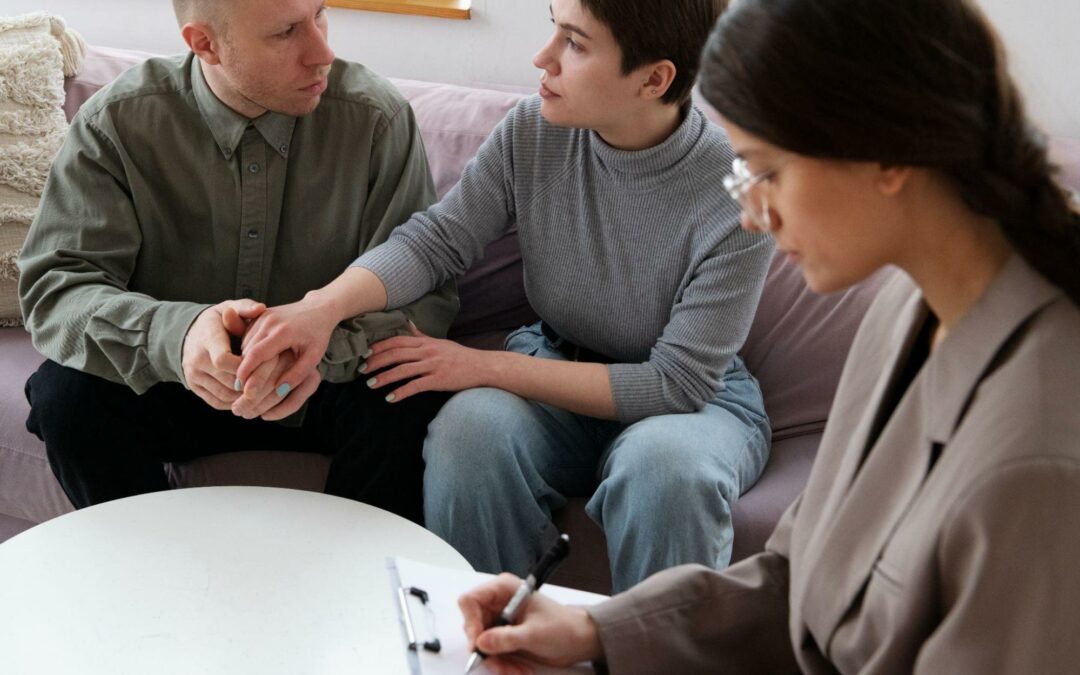Divorce is often regarded as one of the most challenging life experiences anyone can endure. It’s not just the dissolution of a legal partnership; it’s the unraveling of shared dreams, commitments, and emotions. Amidst the emotional turbulence, individuals and families may find themselves struggling to cope with the complexities of divorce. However, in the midst of the storm, counseling emerges as a beacon of hope, offering support, guidance, and healing for all parties involved.
Divorce can impact you on multiple levels – emotionally, psychologically, and socially. The journey through divorce can evoke feelings of grief, anger, guilt, and even relief. These emotions may surge unpredictably, leaving you feeling overwhelmed and disoriented. In such times, the role of counseling becomes invaluable. Counselling provides a safe space for you to express emotions, process your thoughts, and make sense of your experiences. Through empathetic listening and constructive dialogue, counsellors help navigate the emotional rollercoaster of divorce with greater resilience and self-awareness.
For couples navigating divorce, counseling offers an opportunity for constructive communication and conflict resolution. Divorce counselling provides a neutral ground where couples can address their differences, clarify their needs, and explore options for moving forward amicably. By fostering mutual understanding and respect, counsellors empower couples to navigate the complexities of divorce with dignity and compassion. Even in cases where reconciliation may not be possible, counselling equips couples with the tools to navigate the divorce process with greater civility and cooperation.
When children are involved, divorce takes on an added layer of complexity. Children are deeply affected by the dissolution of their parents’ marriage, often experiencing a range of emotions including confusion, sadness, and anxiety. They may grapple with feelings of abandonment or guilt, questioning their own role in the separation. In such circumstances, counselling offers a lifeline for children, providing them with a supportive environment to express their emotions and process their experiences.
Child-centered counselling helps children understand that divorce is not their fault and equips them with coping strategies to navigate the challenges ahead. Through age-appropriate activities and therapeutic interventions, counselors empower children to express themselves creatively, build resilience, and develop healthy coping mechanisms. Moreover, counselling provides a forum for parents to learn effective parenting strategies, establish co-parenting routines, and prioritize the well-being of their children amidst the upheaval of divorce.
In conclusion, divorce is a deeply personal journey marked by upheaval, uncertainty, and transformation. However, amidst the chaos, counselling emerges as a beacon of hope, offering support, guidance, and healing for individuals and families alike. Whether navigating the emotional complexities of divorce, resolving conflicts with a former partner, or supporting children through the transition, counselling equips individuals with the tools and resources they need to embrace the future with resilience, strength, and optimism. Through the power of counselling, the journey through divorce becomes not just a process of dissolution, but a path towards renewal, growth, and ultimately, healing.

